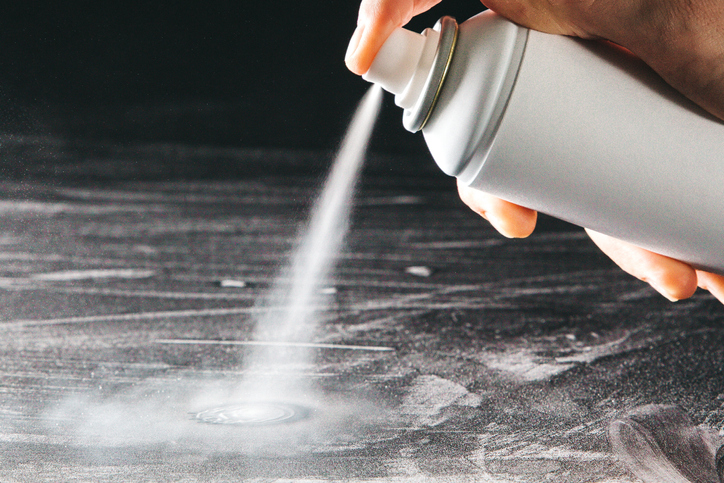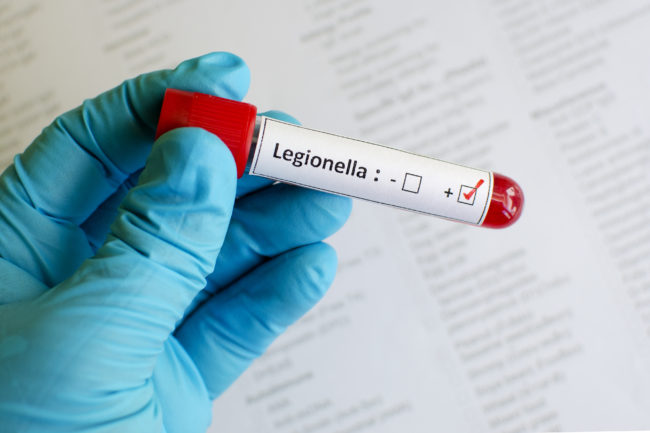In late March, a group of fifteen bipartisan senators reintroduced the Nuclear Energy Leadership Act (NELA) bill to the Senate. This legislation was originally introduced in September of 2018, but was not voted on before the Congressional session ended at the end of the year. It is being lauded as an important means for battling climate change and to support the promotion of non-fossil fuel based energy in the United States. Early agreement across party aisles is encouraging.
As advanced, or so-called Generation IV, nuclear …
Continue Reading









